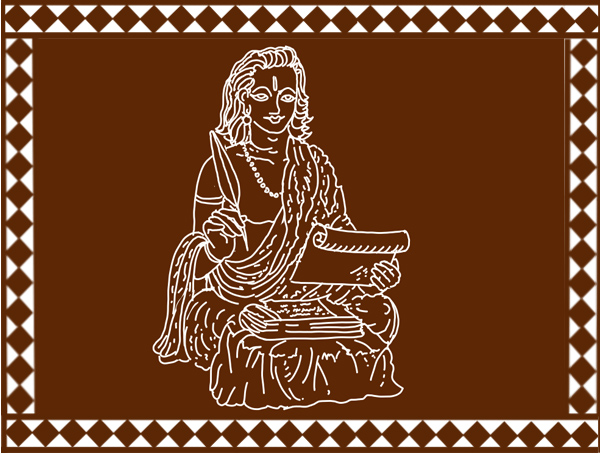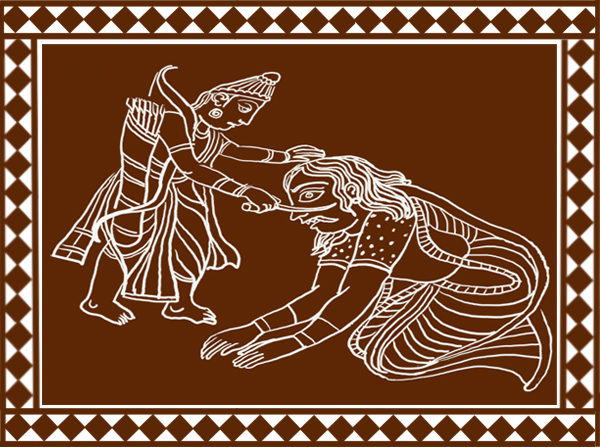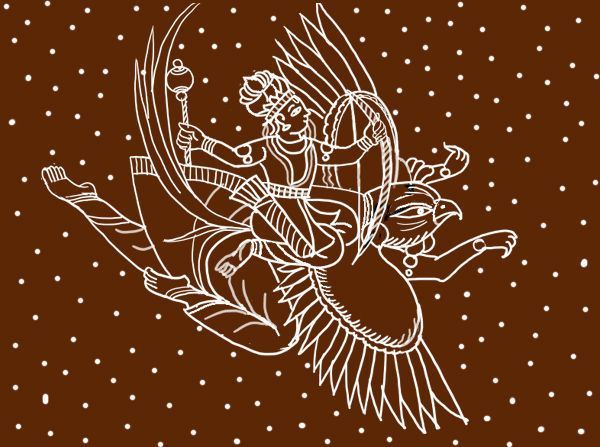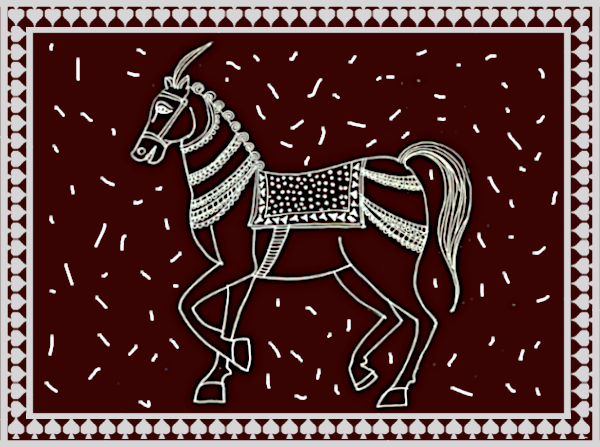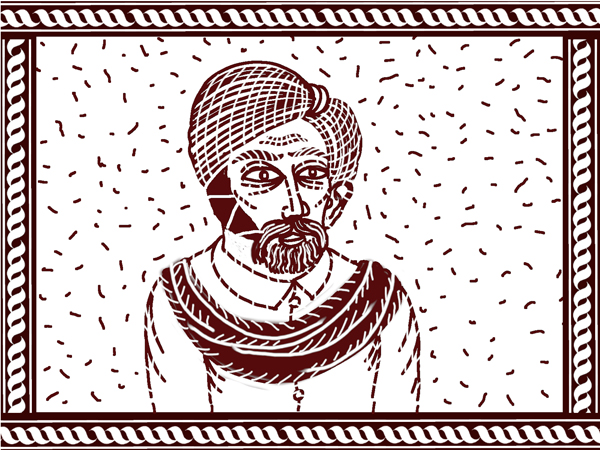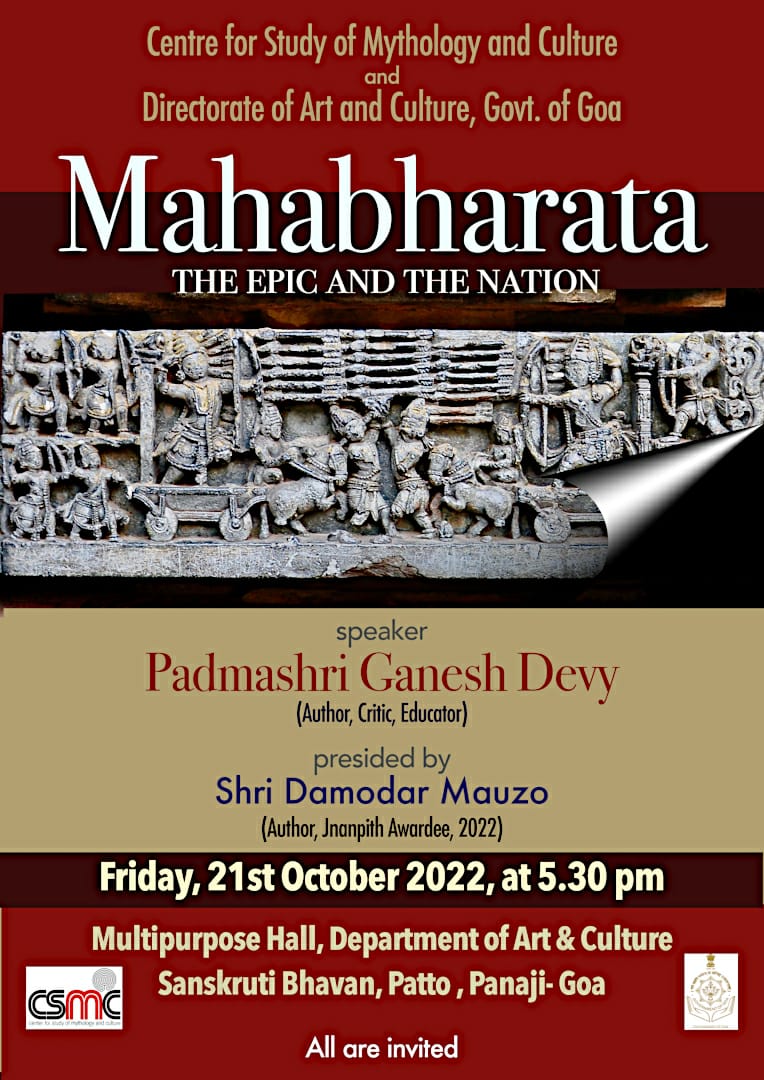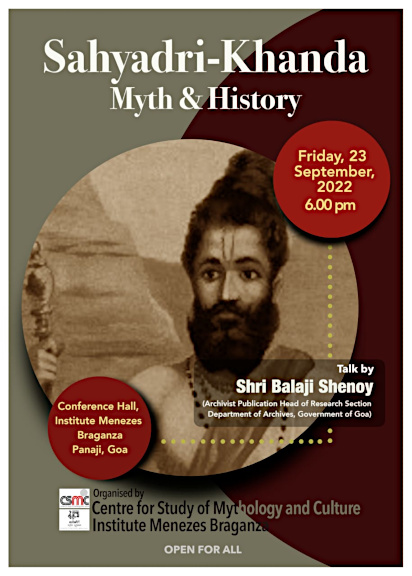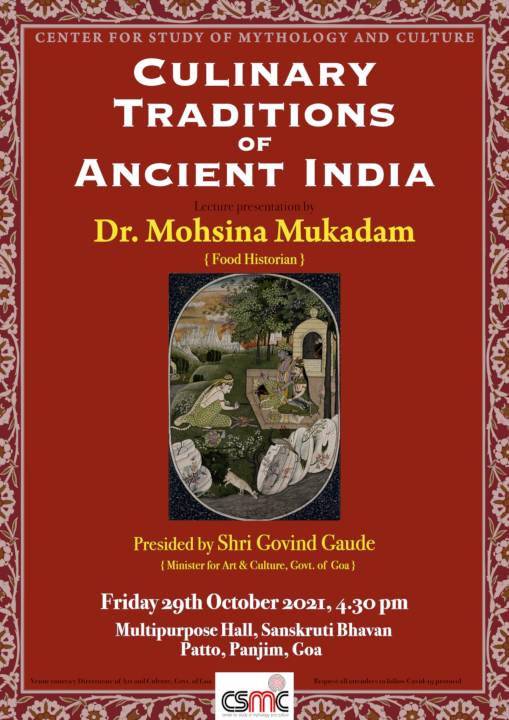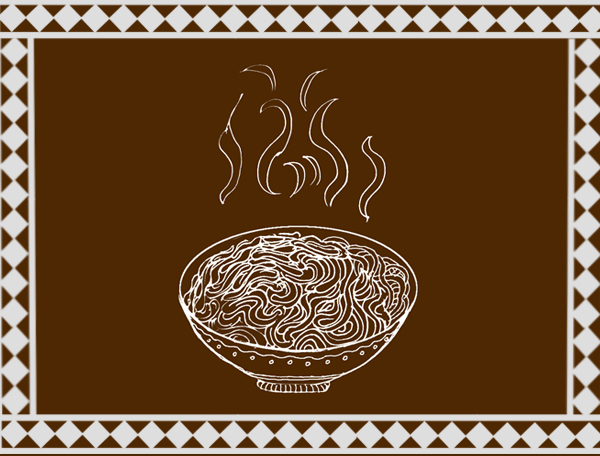
Son in laws occupy a special position in Indian house holds. He is always welcomed as an important and special guest of the family and offered with choicest gifts, clothes, and food delicacies, whenever he visits his wife’s parental home. He addressed as Jamai in Hindi or Javai or pahuna literally meaning guest in rural Maharashtra in Marathi and Zavuim in Konkani. However, he is also a target of ridicule and the butt of many jokes . In Goa, a tiny state in western India there are many folktales dedicated to the Son-in law presenting him as foolish, greedy, outright ignorant, and even as a dullard and therefore a target of mockery.
Here is a story that gives an idea of the social jibes meted out to the son in law, subtly humiliating his position and unwarranted pride.
The son in law had arrived during lunch time and mother in law hurried to the kitchen to set up a menu. It happened to be a Monday, and the family followed the routine of a strictly vegetarian lunch on Monday’s . Since it was a vegetarian meal, the mother in law had cooked few additional dishes to satiate the palate of the son in law. The table was loaded with local varieties of traditional delicacies. Vegetarian dishes like Khatkhatem ( mixed vegetable stew), tambadi bhaji vegetable made of amaranth stalks freshly cut from the backyard garden, potato, lentils soups, raw mango curry, and pilau made out of best variety of basamati rice, along with side dishes in the form of chutneys, pickles, and salads were on the table along with the customary Sol kadhi or coconut milk curry. The son in law feasted on each and every dish lovingly served on to his plate. There was hardly any space left in his bulging tummy but his greed did not allow him to stop. And when he was about to belch, the mother in law came with a pot full of vermicelli payasam. “Try this son. Even gods can’t resist this sweet dish” she said trying to pour the sweet milky white porridge on to his plate.
Now the son in law had never seen or tasted vermicelli payasam before. He was repelled to see vermicelli that appeared like worms in the milk and shouted “ NO! I don’t like it Mother in law. Please excuse me.” blocking his hands over the plate . Confused and disappointed mother in law stopped midway, and quietly walked back to kitchen after serving others in the family. Son in law looked around and saw every one was happily relishing the dish served on their plates. “What is so special about this dish that even gods love it” he thought to himself.
Then he saw few drops of milk syrup had dripped on his palm. He looked around and quickly licked the syrup from his palm. “ Hmmm… this really tastes divine. He thought to himself as the taste lingered in his mouth. He thought regretfully “I should have listened to mother in law and eaten that sweet”. But it was too late.








